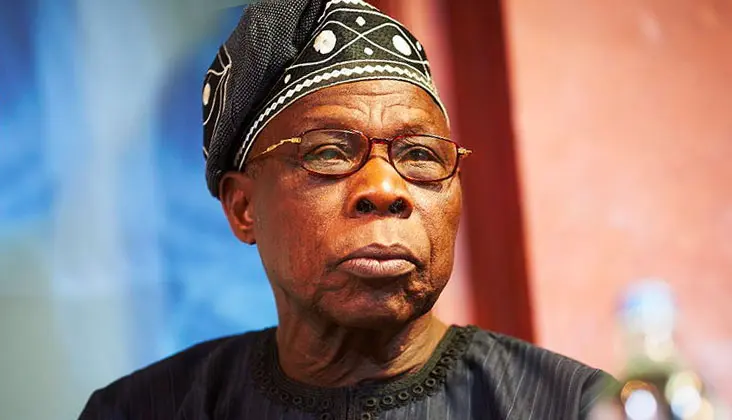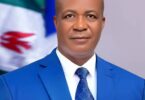
Former President Olusegun Obasanjo
“Nigerian Debt Signals Problem for Nigerian Youths.”
Former President Olusegun Obasanjo has expressed deep concern over Nigeria’s escalating debt profile, describing it as a critical issue with far-reaching implications for both current and future generations.
Obasanjo made this statement during a recent Zoom interactive session titled “Boiling Point Arena.” During the program, he emphasized the gravity of the situation, underscoring its potential to hinder Nigeria’s economic stability and development.
How Much Does Nigeria Owe?
According to recent data, Nigeria’s total debt surged by a staggering N12.6 trillion within just three months. Reaching an all-time high of N134.3 trillion ($91.3 billion) by the end of the second quarter of 2024.
This represents a 10.35 % increase from the N121.7 trillion recorded in the first quarter of the year, highlighting the rapid pace of debt accumulation.
Reflecting on his tenure, Obasanjo remarked,
“Yes, I was able to secure debt forgiveness for the nation before I left office, but our present debt profile poses a significant challenge for this generation and the next.”
He warned that unchecked borrowing could lead to a debt trap, undermining the country’s sovereignty and economic prospects.
Drawing comparisons, Obasanjo cited South Korea and Singapore as exemplary nations whose economic transformations were anchored in meritocratic and integrity-driven governance. He stressed that Nigeria could learn valuable lessons from these countries.
“The best way to fight corruption is from the top,” he noted. “In South Korea, their leaders prioritize merit when making appointments, and that approach has become a cornerstone of their progress. Without integrity at the highest levels of leadership, meaningful change would not be achieved.”
How Can Nigeria Settle the Debt We Owe?
Obasanjo further emphasized the need for prudent fiscal management, transparency, and policies that prioritize the welfare of citizens over short-term gains. He called on the current administration to adopt a strategic approach to debt management. He also urged that ensured that borrowed funds are directed toward projects that generate sustainable economic returns.
The former president’s remarks come at a time when debates over Nigeria’s fiscal health and economic future have intensified. Thereby sparking calls for urgent reforms and a more disciplined approach to governance.






